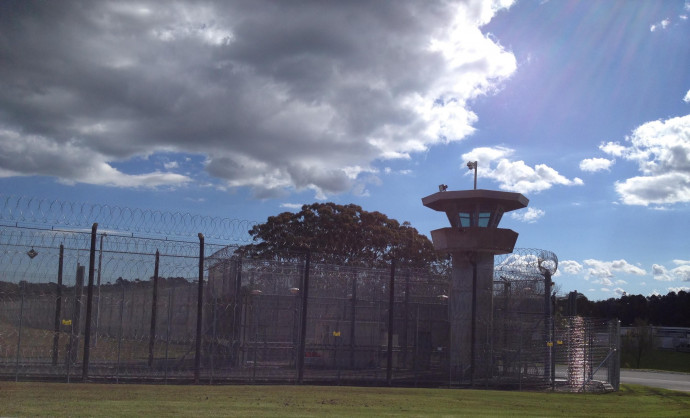Investigating homicide in mental health services

By Lillian Ng, Department of Psychological Medicine, The University of Auckland
In my work as a forensic psychiatrist, I frequently encounter people in prison, police stations and emergency departments who have been in and out of contact with mental health services. Sometimes I assess people who have reached a crisis point and need direct intervention to access treatment for a mental illness. In other situations, the person in front of me has committed a serious violent offence that has dramatically impacted and traumatised the lives of others. Each person's history is different; it is my role to purposefully listen, interpret and convey salient features of that person's case to my colleagues in other health, welfare, police, justice and correctional services.

Dr Lillian Ng
There are troubling features of this work. Each individual case presents intricate dilemmas or conundrums. I have spent many hours reflecting on challenging aspects of a person's diagnosis or care. This is the deep well from which I source the research questions that feed my role as an academic. This forms a productive synergy of designing research that answers questions that arise from the real world of working on the frontline of mental health services.
My pathway to doctoral research was an extension of this curiosity. I became interested in inquiries that were conducted after serious incidents such as homicide in mental health services. Inquiries following serious incidents have a myriad of purposes. They can serve to find out what happened, hold someone to account, reassure the public or potentially give families a measure of relief or resolution. When I looked more closely at the existing literature, there were missing perspectives. These were the voices of families of victims and service users and clinical staff working in psychiatric services. I reflected on what families might think about the inquiry process and how and what clinical staff can learn from inquiries.
By harnessing the perspectives of families, clinical teams in psychiatric services and members of inquiry panels through interviews, focus groups and document analysis, the question I seek to answer is what makes a good inquiry after homicide in New Zealand mental health services? A tangible output would be to develop an inquiry method, by combining these perspectives, to improve our mental health system.
The sensitive nature of researching inquiries after homicide has led to the forging of close connections with Māori and mental health researchers to ensure that cultural processes are incorporated into the study design so that families are supported to participate. As a psychiatrist, I have spoken to hundreds of families about the condition and care of their loved ones; as a researcher, I have grappled with how to be thoughtful about the process of asking families to answer questions that can potentially evoke distress. I have learnt that there is a fine line to walk between the disciplines of research and practice. For me, this involved drawing a line between my disciplines by raising the question: wouldn't it be better to ask families to participate and for them to decline, rather than not ask them at all?
The research amalgamates my clinical and investigative skills in seeking to analyse patterns of care in health systems that are inherently complex and dynamic. The analysis involves coding and careful piecing together of multiple pieces of data, mindful that evidence may be ambiguous or even absent. Interpreting the data is an iterative process and will take hundreds of hours to hone and calibrate.
This is not the only challenge. As a clinician and researcher, one of my goals is to strengthen the links between research, practice and policy. By using a bifocal lens as a researcher and practitioner, I'm also looking at a wider frame in seeking out who and what inquiries are for and a way they can be conducted to optimally learn from them. The image of prison, of watchtowers and high-wired fences, is associated with a system of incarceration. My research is connected with a larger system of care at local and national levels. Homicide envelops people in darkness. Like imprisonment, many people involved with a homicide will experience a degree of parallel mental or emotional confinement or captivity, with a sense of helplessness or even disempowerment. My hope is that this research will illuminate what is humane in my profession in providing care to service users, taking care with families and caring about frontline staff who work in mental health services.
Published July 2017
This post is from the Past and Future series where, as part of our 150th anniversary celebrations, early career researchers are invited to share discoveries in their fields from days gone by or give us a glimpse into where their research may take us in the future.
